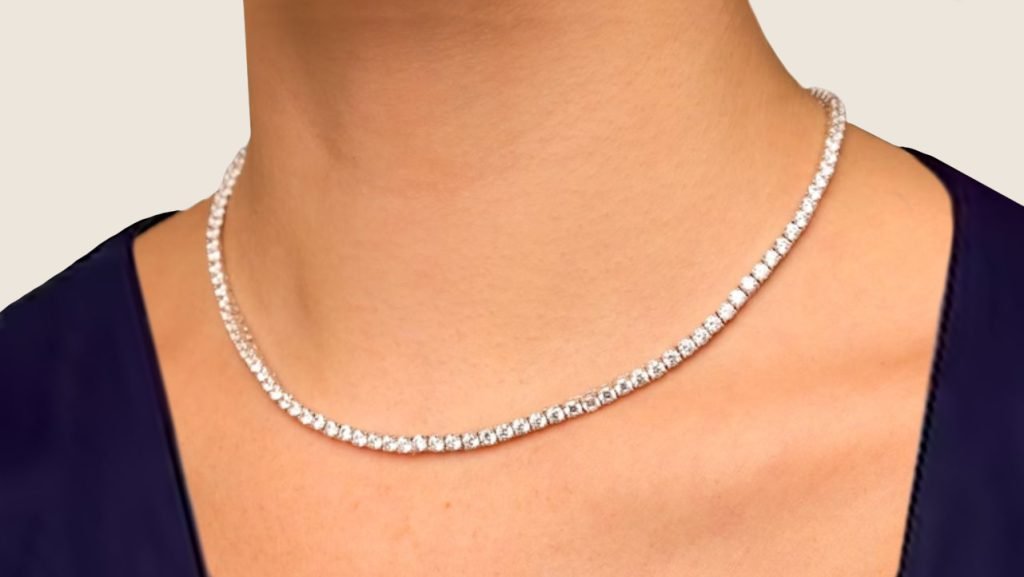HOLDINGS: [1]-A real estate broker was not entitled to a $925,000 commission on a client’s purchase of a $45 million estate that was ultimately closed by another broker on different terms because the broker’s verbal agreement with the client/friend was barred from enforcement under the statute of frauds, Civ. Code, § 1624, subd. (a)(4); [2]-The suit was not for division of a commission among brokers because the agreement as alleged was for the broker to find the clients a residence to purchase; [3]-For purposes of equitable estoppel, reasonable reliance was foreclosed by the fact that the broker was licensed; [4]-Offers that the brokers made to the sellers, as well as other unspecified e-mails and writings, were not rendered sufficient to satisfy the statute of frauds by mentioning the broker’s entitlement to a commission if they did not set forth that the broker was the clients’ agent. Parties’ civil litigation lawyer appeal.
Table of Contents
Outcome
Judgment affirmed.
Procedural Posture
Defendant manufacturer produced a baby seat which plaintiff purchased at defendant store. The Consumer Products Safety Commission issued a recall for the baby seat. Plaintiff sued, asserting causes of action for violation of state consumer protection laws, breach of express and implied warranties and unjust enrichment. The manufacturer moved to dismiss the complaint under Fed. R. Civ. P. 12(b)(6). The store moved for judgment on the pleadings.
Overview
Defendants argued that plaintiff lacked standing to sue under Article III of the United States Constitution, U.S. Const. art. III, § 2, cl. 1. The court agreed. Plaintiff did not allege that she or any child on whose behalf she had standing to sue actually used or was harmed by any defect in the baby seat. Nor did she allege that she relied upon or even saw the images of children sitting in the baby seats on elevated surfaces. The instant action was best viewed as a “no-injury” products liability class action. The court noted the proposition that, in the absence of manifest defect and injury, a plaintiff did not state a claim for causes of action related to products liability. In summary, plaintiff did not have standing for her claims under a “benefit of the bargain” theory or any other stated theory. The instant complaint oscillated between tort and contract law language but failed to allege any actual injury. As such, the complaint as alleged did not meet the standing requirements of Article III, and the court could not exercise jurisdiction. Since plaintiff did not have standing, plaintiff’s motion to certify a class was moot.
Outcome
The manufacturer’s motion to dismiss was granted. The court exercised its discretion to dismiss rather than enter judgment on the store’s motion for judgment on the pleadings. The complaint was dismissed with leave to amend as to both defendants.

















